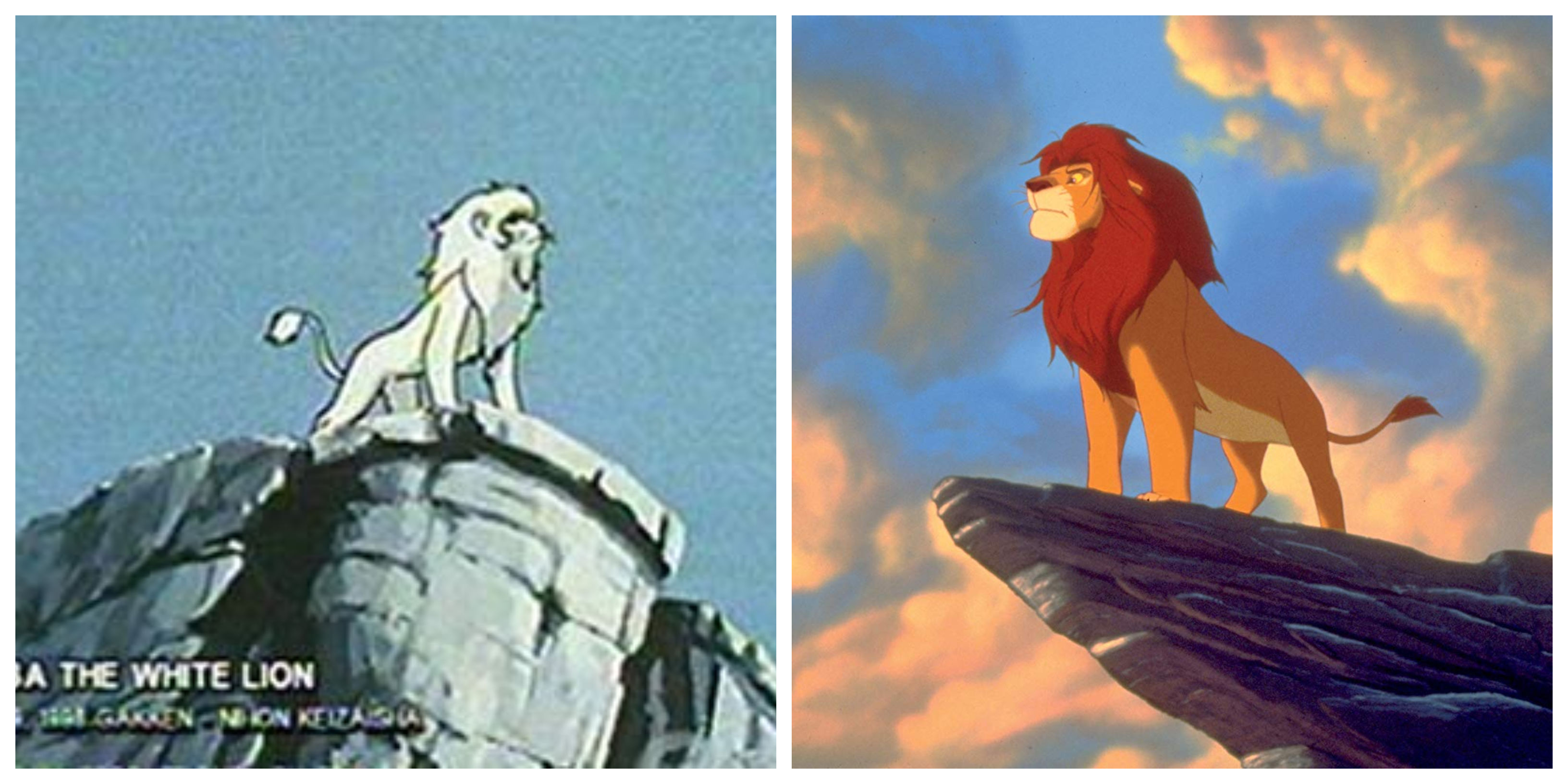Create a free profile to get unlimited access to exclusive videos, sweepstakes, and more!
Original Lion King writer and director address ‘Kimba’ controversy 25 years later

With Jon Favreau's CGI and star-studded remake pouncing on theaters, The Lion King is enjoying much renewed attention as it celebrates 25 years this summer. However, the iconic film’s resurgent popularity has also brought renewed focus on a controversy that hovered over the film’s initial release: comparisons made between The Lion King and the '60s anime Kimba the White Lion.
Speaking with the original film's co-director, Rob Minkoff, and co-screenwriter, Linda Woolverton, we broached the topic of Kimba the White Lion, the comparisons that have been made to The Lion King, and whether this factored into the film's production.
"It was never discussed and there was no intentional parallel ever made that I was ever aware of," Minkoff says. "No one brought it up, talked about it, discussed it — nobody mentioned that there was even any similarity. It was only after the film was made that people said, ‘Hey, this is based on Kimba.’ And then they showed the parallels and they were not insignificant. And so, it gave everyone pause, I think, to look at it and go, ‘Wow, there is a lot of similarity.’ But I don’t think it was ever done intentionally. It was just one of those things. The similarities are undeniable, but again, I don’t think it was done with any intention."
For those unfamiliar with the talk that surrounded both properties, Kimba was a Japanese manga from the 1950s and told the story of a young white lion who gallantly leads his fellow jungle denizens. Written by illustrator/animator Osamu Tezuka (sometimes referred to as Japan's equivalent of Walt Disney), the comic was turned into a popular anime television series in the mid '60s by Mushi Production. When The Lion King was released in the summer of 1994 to box office and critical success, people pointed out uncanny similarities between the two titles, singling out characters, story beats, and animation choices.
Just a day after the movie opened in '94, The Los Angeles Times published a story titled "A Kimba Surprise for Disney: The Lion King is a hit, but reported similarities to the Japanese-created American cartoon of the ‘60s are raising some questions." In the article, Disney claimed that the story for The Lion King came solely from the studio's animation division around the late '80s/early '90s.
"I didn’t even know what that was until years later when people were talking about it," Woolverton tells us. "I originated the story, myself and the people in the room with me, and that wasn’t a part of it in any way and it certainly wasn’t a rip-off of it."
The "people in the room" to whom she refers are: Tom Schumacher (now heading Disney's theatrical division — he was a high-ranking animation executive during the company's prolific "Renaissance" period); original co-director George Scriber (Oliver & Company); former president of Feature Animation, Peter Shneider; and Minkoff's fellow director on the project, Roger Allers.
The Lion King remake is now playing in theaters everywhere.


























